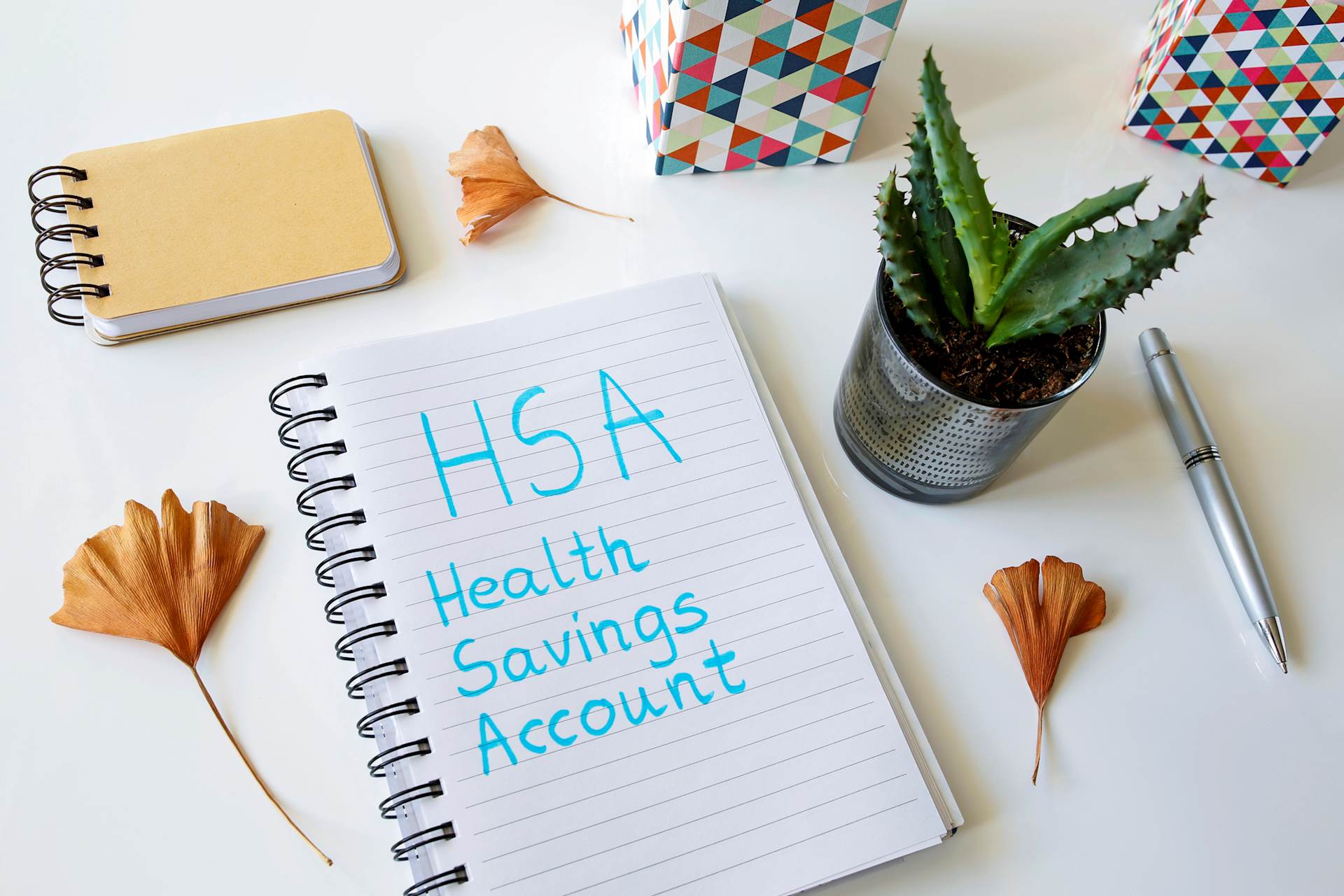It’s hard to get excited about health insurance. If you’re like me, you probably glaze over when you even hear those words.
But what’s more exciting is saving money. And that’s where Health Savings Accounts come in.
Across our community and our country, rising healthcare costs affect everyone. A Health Savings Account works to combat this by helping patients who have high-deductible insurance plans cover their out-of-pocket expenses and reduce taxable income.
By choosing a high-deductible health plan over a more traditional plan, you’ll pay a lower premium, allowing you to put those savings into an HSA. Then as long as you don’t need to use the funds in the account to pay approved medical expenses, you’ll see the savings accumulate, and, potentially, be able to use the money as part of your retirement plan.
What’s a Health Savings Account?
A Health Savings Account (HSA) is a medical savings account that allows you to set aside pre-tax money to pay for qualified medical expenses.
A Health Savings Account must be paired with a high-deductible insurance plan and is used to help pay for qualified expenses that the insurance plan doesn’t cover.
Why Do I Need an HSA?
Typically, paying for a product out of pocket means you also pay taxes.
The primary benefit to using an HSA is tax savings. Your contributions to your HSA are pre-tax, and the money you use for qualified expenses is also tax-free. Simply put, you can save money by using an HSA account because you don’t have to pay taxes on that money.
Aside from the tax advantages, another primary advantage of using an HSA is its simplicity: it’s simply a savings account with a debit card.
Apply for an INB HSA plan.
What’s a Qualified Expense?
Qualified expenses can include deductibles, doctors’ office copays, prescription medications and more.
Be sure to check the IRS website for the full list of qualified expenses.
How Do I Sign Up for an HSA?
To be eligible for an HSA, you need a high-deductible insurance plan. You can find out if you already have one by asking your Human Resources department.
If you don’t have a high -deductible plan and you want one, you can change your health insurance plan during your enrollment period, which is typically offered at least once a year.
If you decide to choose a high-deductible plan, you can then stop into INB to open an HSA to be used in conjunction with that plan.
With an INB Health Savings Account, you’ll also get these benefits:
- Earn interest on your checking account with tiered interest rates
- No minimum opening or ongoing balance requirements
- No monthly service charge
- VISA Debit Card - no transaction fees charged by INB
- Easy access to your account via INB Digital Banking
- Manage your account with year-end reports for tax purposes and monthly online statements
You can fund your HSA in a couple ways:
- Through payroll deductions. Talk to your payroll department about getting those contributions made automatically.
- Make individual contributions throughout the year. There are limits set by the IRS, which change each year, so be sure check the IRS website for updated limits.
Thinking Ahead
A standard HSA is a savings account, but at INB, you can partner with our Wealth team for your HSA. Learn how you can use this savings to help fund your retirement.